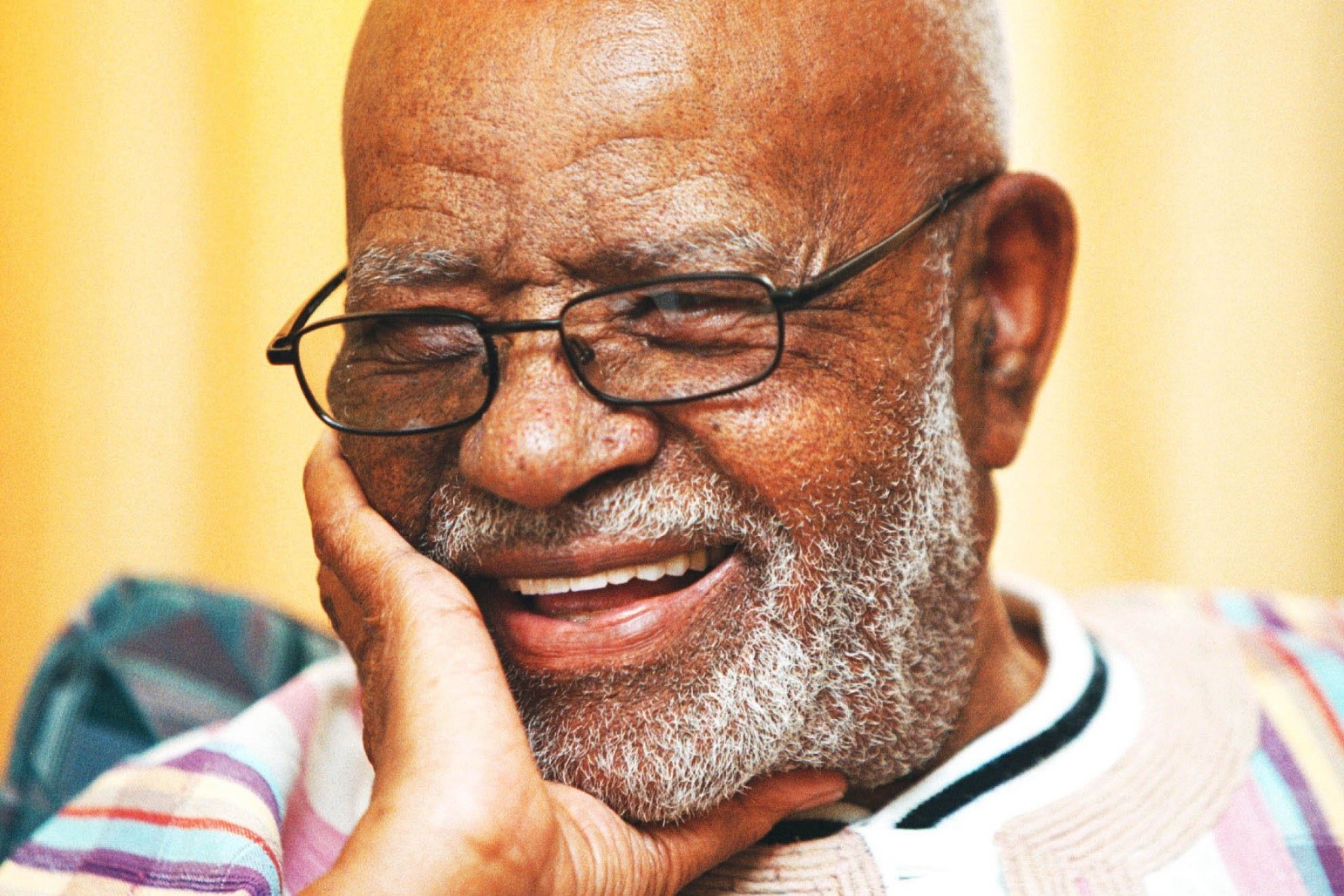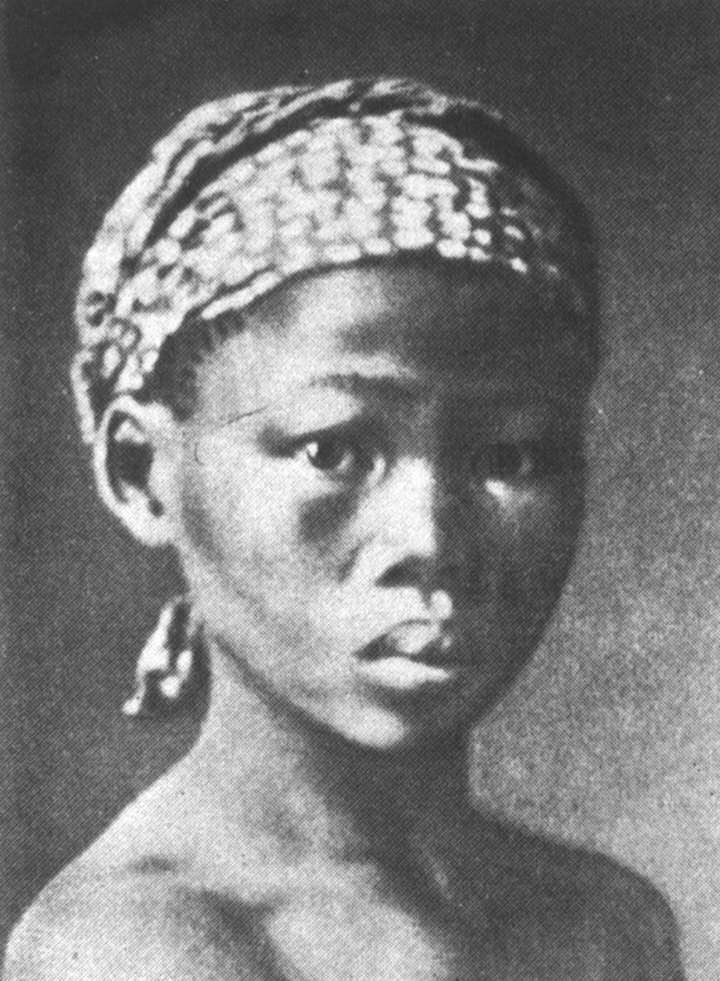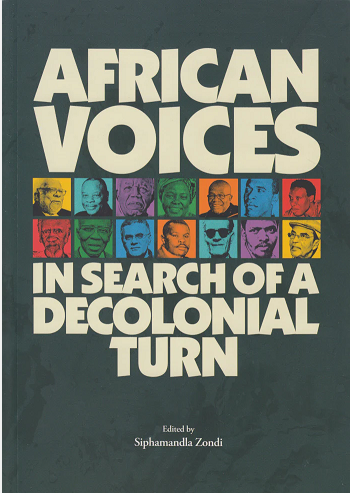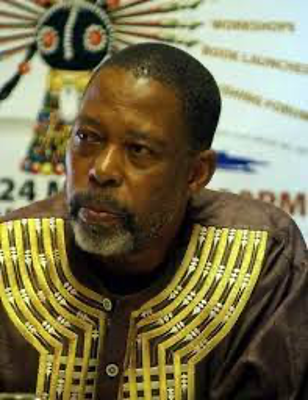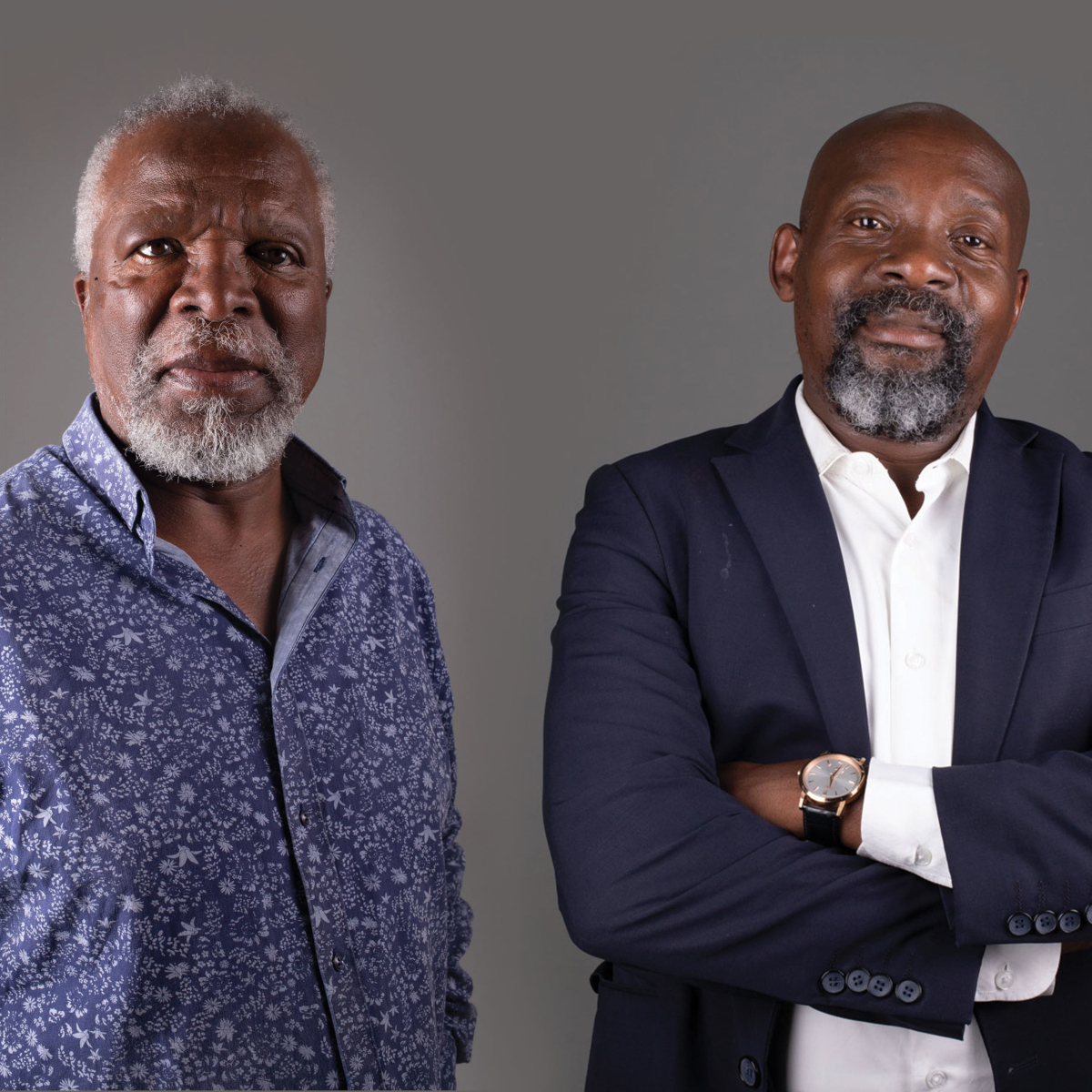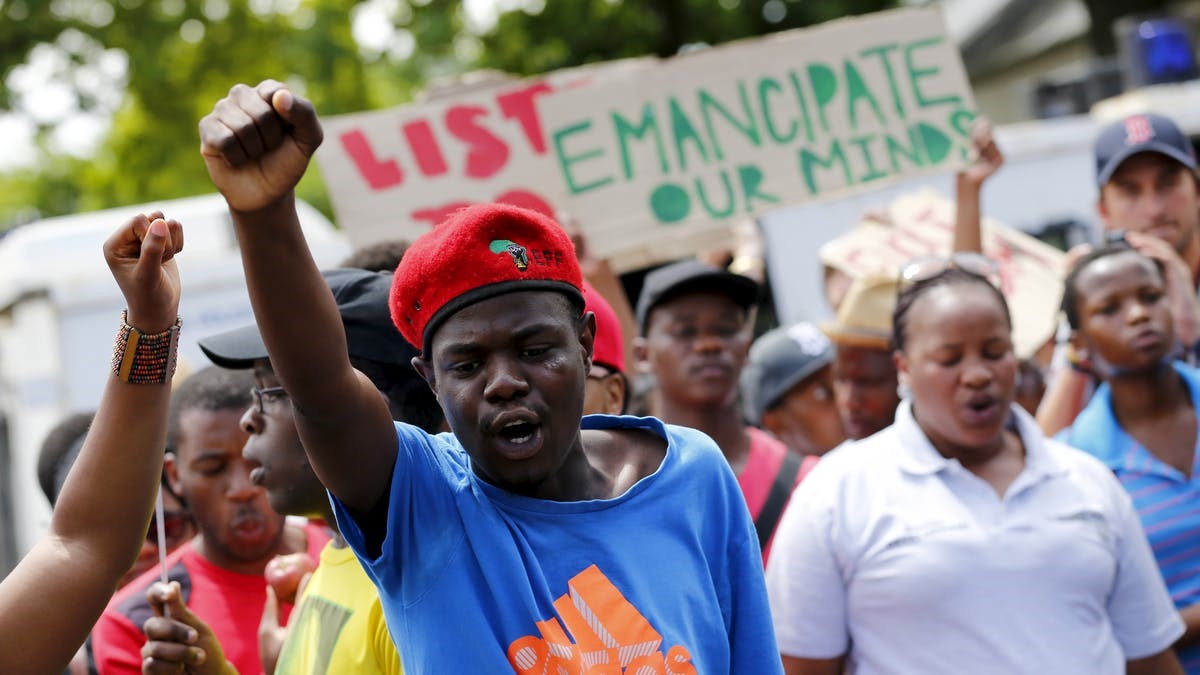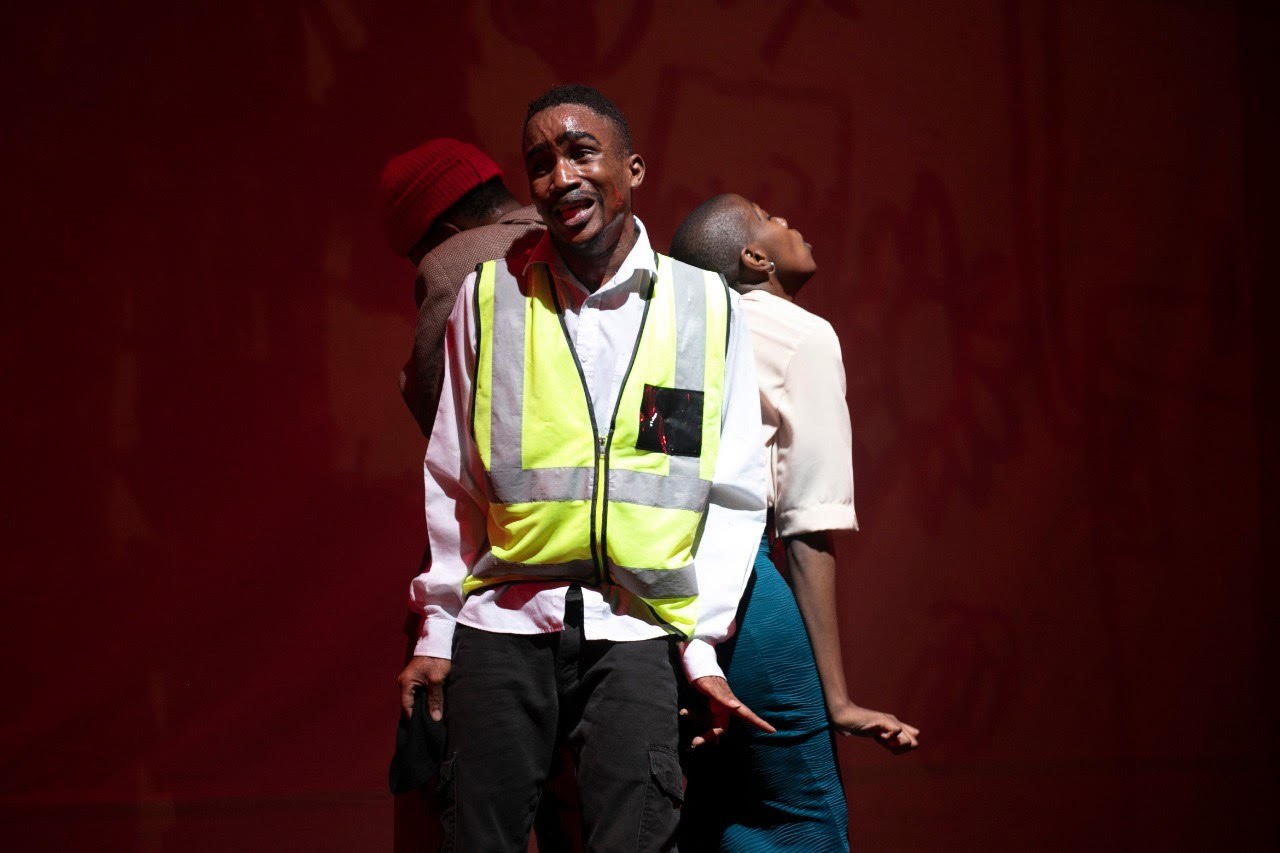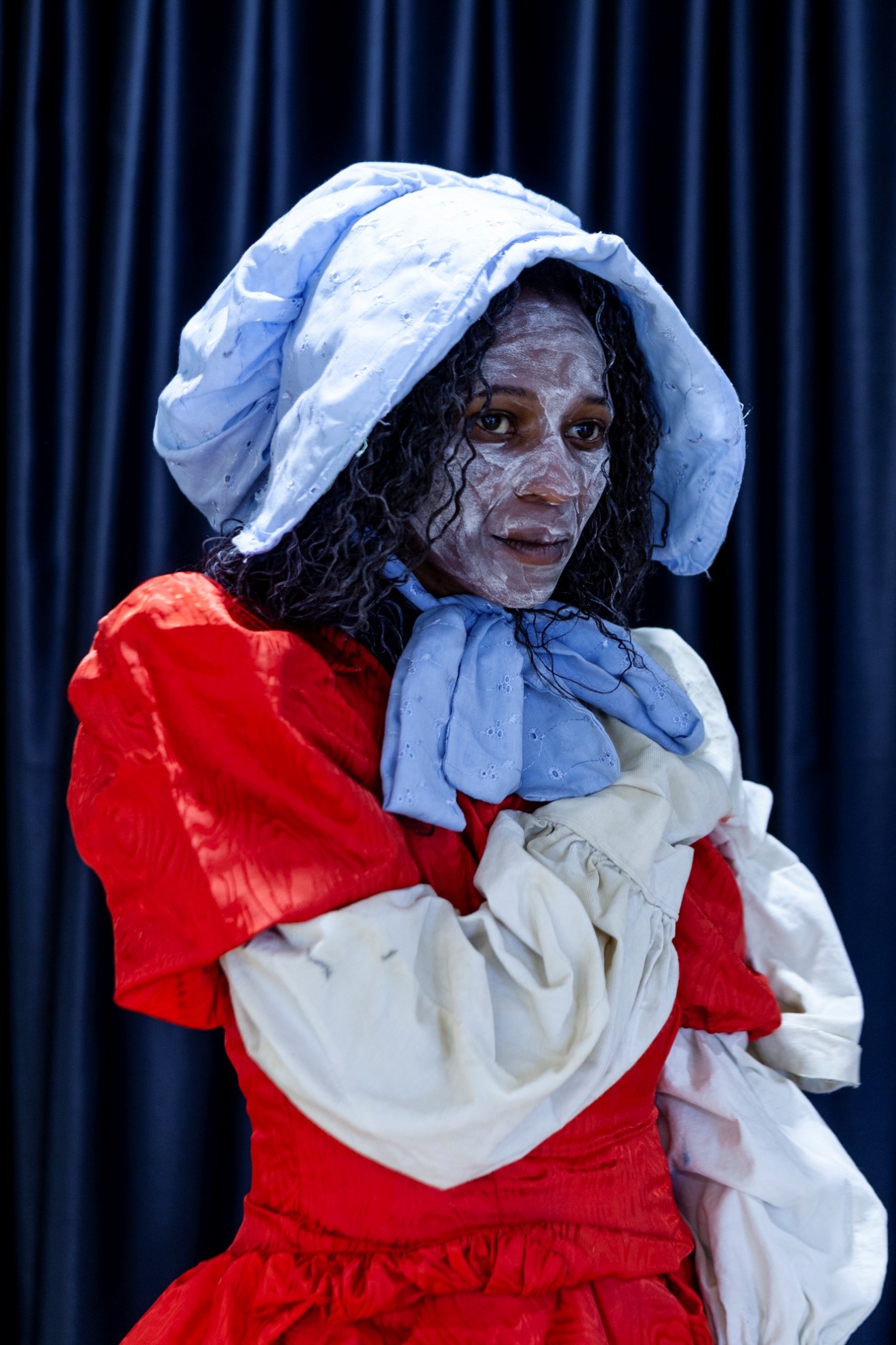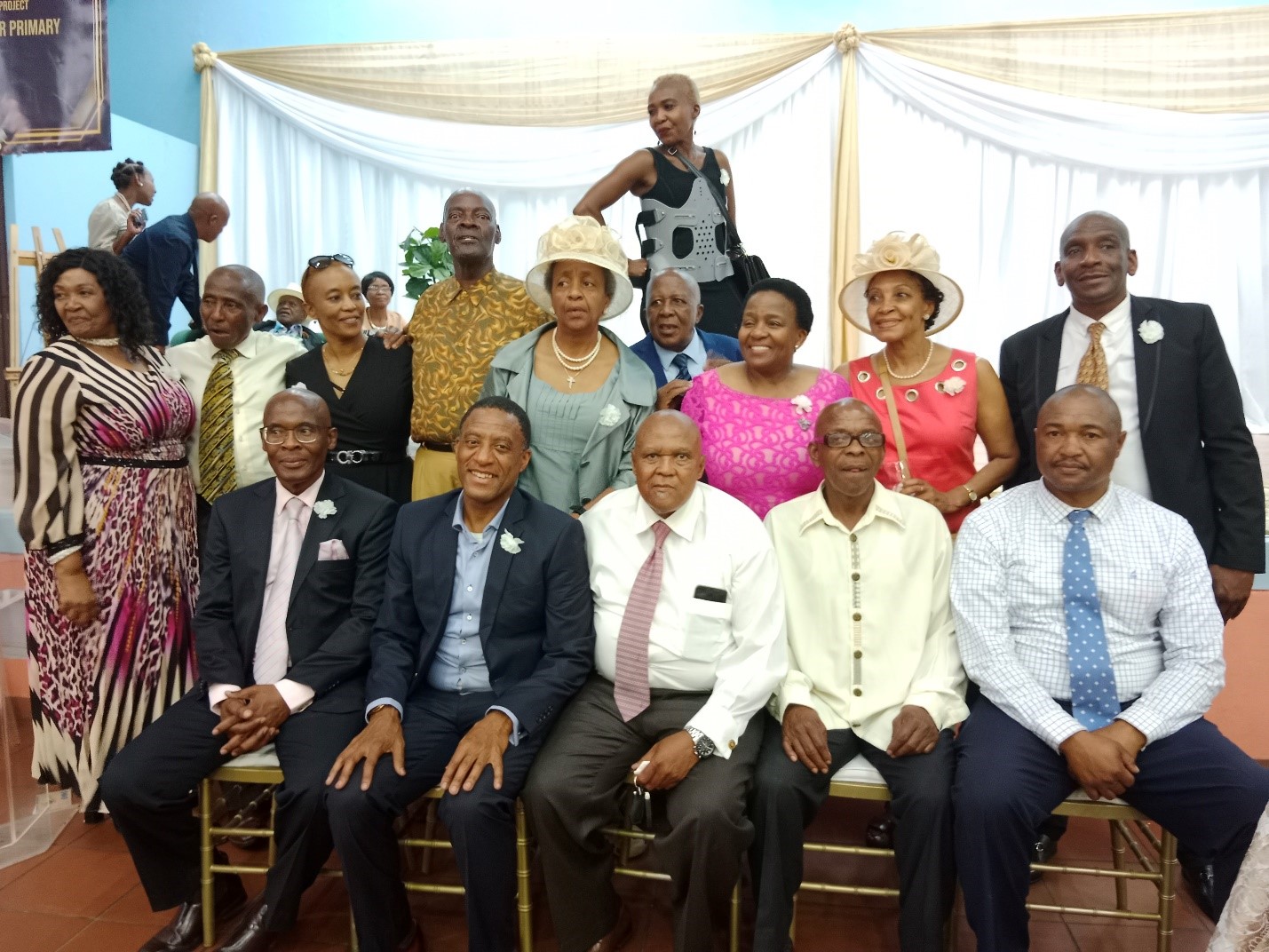To decipher decolonial jargon, a case will be herein made for ‘knowledges’, beyond those forming part of the problematic hegemonic Eurocentric ‘mainstream education’. As inspired by my doctoral study, entitled Es’kia Mphahlele’s Contribution to Decolonisation of International Relations (2019), let’s invoke some of Mphahlele’s oeuvre, to decolonise South Africa’s curriculum. Advisably we ought to, “Find ways of decolonizing the mind…Decolonization should be a therapy” (Mphahlele, 1982: 36-37). Seeking for Es’kia Mphahlele’s insights, is consistent with what may arguably be rationalized, to mean prioritizing insights, of local ‘black’ scholars from South Africa. For the record in so far as Mphahlele’s case is concerned, vast scholars across ‘races’ and disciplines, within and beyond South Africa, turned to his thoughts, as Simphiwe Sesanti (2006:34) argued to “Africanise our education in South Africa”. The ensuing reflection, supports why the latter is justified. In its basic denotation, ‘Philosophy’ is “Greek, love of knowledge or wisdom” (Blackburn, 2008:275). Such a definition problematically supports Philosophy, as being a Greek invention. With the latter in mind, Mphahlele explicated, that terms such as ‘civilisation’ and ‘education’ were Latin words. Historical accounts of conquests, by Greeks and Romans, arguably supports Mphahlele’s view, that ‘civilisation’, came “from the Latin root civis, meaning citizen”… “the word “educate” itself is the Latin word meaning “to lead” (Mphahlele, 2005:1). The above concepts cannot be separated, from a people’s ‘culture’. Indeed “We can talk of “culture” in its social, intellectual, and artistic senses. In each case it’s a metaphor, deriving from the act of cultivating the soil (Latin- cultura)” (Mphahlele, 2005:1). With earlier contention of ‘knowledge’ in favour of ‘knowledges’ in mind, Mphahlele explained that there is no one form of culture. Varieties of ‘cultures’ range “between “high culture” and “mass or popular culture” and their sub-cultures, such as “folk culture”, “hip hop”…
…I think we have… a common understanding of culture viewed as a process of becoming, through cultivation. The usage is spiritual and expresses an ideal of human endevour-perfection, wholeness. The impact of true education on the ways enlightened people deal with social and political issues, human achievement, the influence of Western civilisation, ethnicity and tribalism…is real if you are interpreting events right... (Mphahlele, 2005: 2).
The above insights, must be read in context. So it’s vital to note, that chronologically Mphahlele’s thoughts, about decolonisation were overtime developed, under his rubric of ‘African Humanism’. In The Fabric of African Culture and Religious Beliefs (1971), Mphahlele listed core tenets, of his ‘African Humanism’. They include 1) believing in a ‘Supreme Being’, this includes respecting one’s ancestors, as spirits thus as intercessors; 2) valuing community over individuality; 3) respecting an African ‘art of healing’, including accepting existence of an ‘African organic world-view (holism)’, not split into the physical, psychic and spiritual realms; 4) grasping religion as spiritual experience; 5) abiding by a moral conduct and 6) grasping that a ‘Soul Force’ or individual and collective memory of African victims, still connects them to Africa.
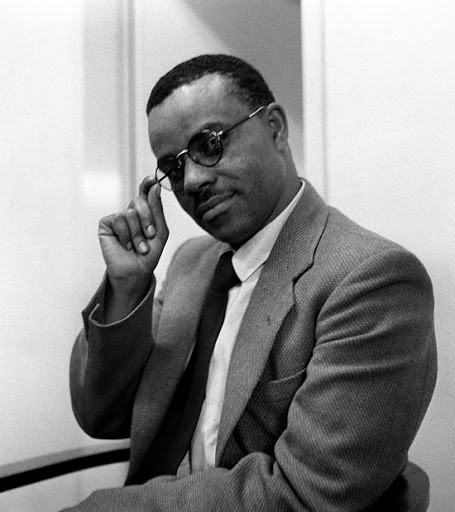
Notably Mphahlele’s ‘African Humanism’ also considered insights, from global scholars, who alluded to ‘Western Humanism’. Mphahlele listed ‘five mainstreams of Humanism’, which he explained first rose to prominence, since the Renaissance (AD1300-AD1600), placing ‘African Humanism’ as a fifth form, of ‘humanism’. In short according to Samuel Raditlhalo (2002, 126), Mphahlele explained “African Humanism as two levels of behavior in a human context- as a state of mind and as a purposeful act of knowing”. Indeed for Mphahlele, he opined that “In every colonized person there are two selves: the indigenous (traditional self) and the other self imposed by the colonizer” (Mphahlele, 2004:284). In an inaugural lecture at Wits, in 1983 Mphahlele argued that “All colonized people have a dual personality: the indigenous and the super-imposed, the latter deriving from Europe’s colonizing enterprise” (Mphahlele, 2004:21). His decolonial jargon included terms, such as ‘crisis of consciousness’; ‘ethnic idioms’; ‘synthesis of an African and the West in themselves’; ‘an African idiom’ and ‘ethnic imperatives’. Mphahlele explained that he had come to regard himself, as an “integrationist” (Mphahlele, 2004:82), “something to do with self-reconciliation and adaptation to existing realities” (Mphahlele, 2004:82). Ultimately such ontological erudition, dialogues with South Africa’s diverse culture(s).

